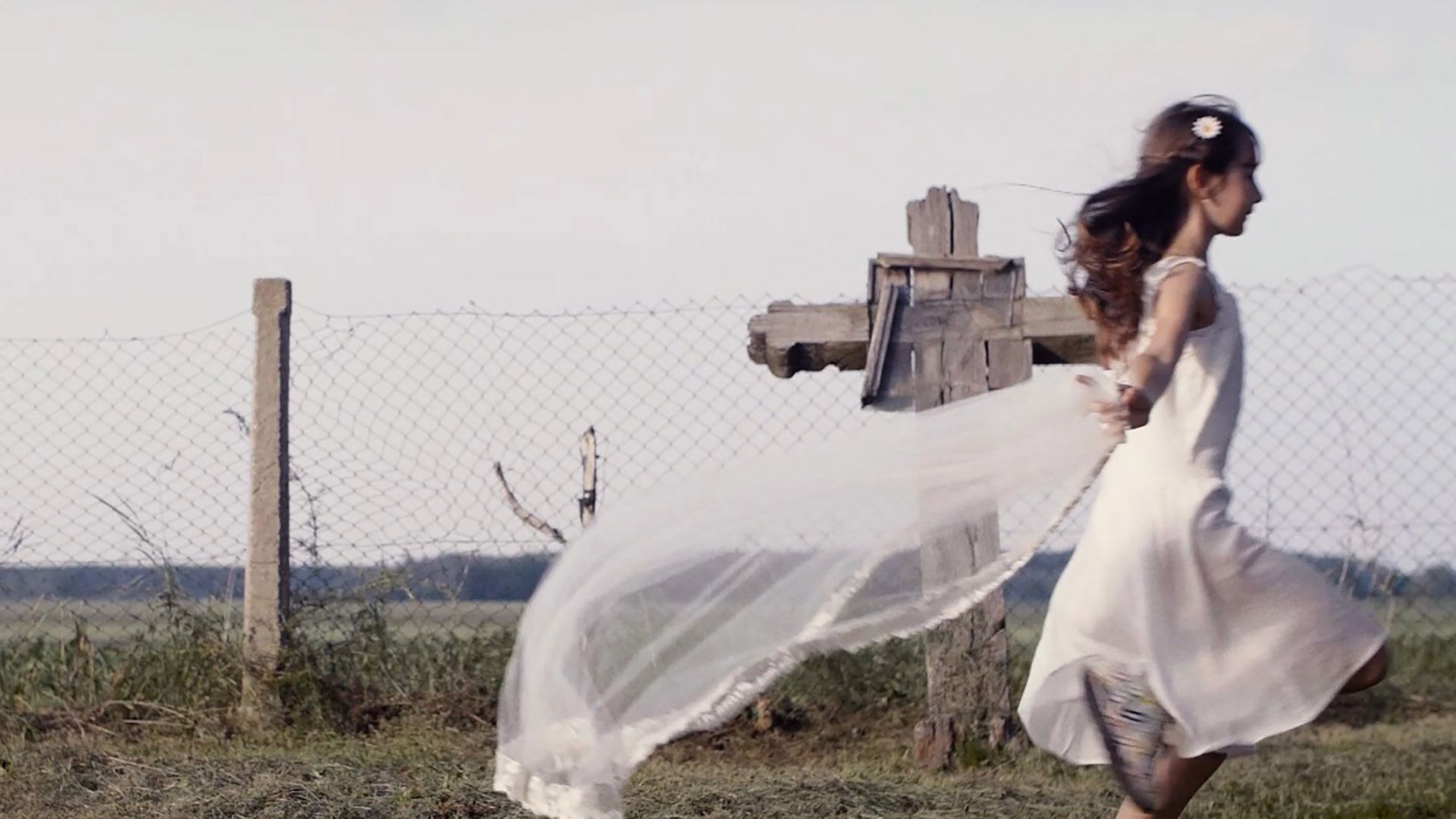Script Pool
Mirror of Nightingales
In a remote village somewhere in the Balkans, lives Dora, a young professional mourner - she is known as the best in the village; when she cries, even the dead weep, the villagers would say. One day, Dora comes late and cries on the wrong grave. Her business is now dead, and her reputation is ruined.
In a remote village somewhere in the Balkans, lives Dora, a young professional mourner; she is known as the best in the village; when she cries, even the dead weep, the villagers would say. One day, Dora comes late and cries on the wrong grave. Her business is now dead, and her reputation is ruined. In a desperate search for crying gigs, Dora meets Dunda, a man in a desperate attempt to end his life, as he is known as the man who cannot die. Dora grows fascinated with this man between life and death.
In an old, end-of-life hairdressing salon, Dora(35), owner of the salon, is waiting with her daughter Ana for her husband. It's Ana's birthday, and the cake with the number 11 is impatiently waiting to be eaten. Bad news arrives: the husband is dead. Dora weeps in black at the grave, and for that, she receives a fat bundle of money. Slowly, we discover that it has been 7 years and that it is not her husband’s grave. Dora became the best mourner in the village; when she cries, even the dead weeps, the villagers would say. The next morning, in front of Dora's salon, a mass of people is waiting to order a crying for their dead ones, when suddenly, in the distance, a male silhouette appears. All the locals are amazed. He's back, and he hasn't aged a day. They talk about Dunda, and rumours say that he is bewitched. Dora does not believe in those fairy tales. Then, Dunda comes to Dora's salon to get a haircut, but he steals her razor. The next morning, Dora is heading to her crying gig, and she sees the white veil. The veil seems to enchant her and lead her to Dunda's house. Dora notices that Dunda is trying to cut his veins with her razor and runs into the house to save his life. Although blood is gushing everywhere, Dunda is very much alive and well. Because of Dunda, she is now late for the funeral. And there is still his blood all over his hair, face, and clothes. Dora cries on the wrong grave. Bloody. This mistake costs Dora; her business is now dead. Everyone is cancelling on her. And on top of that, they all know that the blood on her was bewitched one. Dragica, driven by good earnings, takes her position as a village mourner. Dora is desperate to get new gigs. She reads death certificates, creates ads, and even offers her services at half price, but nobody wants her services. Dora learns that Dunda is a man who cannot die. He tried to commit suicide many times, but it didn't work. They develop unusual fascination and love for each other; Dunda is a man between life and death, as is Dora, who lives by crying for the dead. Dunda asks Dora if she could help him die, and in exchange, he offers her the ultimate crying gig. Dora is heartbroken. She learns that her love for Dunda has lifted the spell and that he can now leave; his next attempt is fatal. Dunda does not know and does not believe in any spells. Fortunately, it seems that Dunda isn't attempting suicide.
Director's note:
Light, texture, and composition are in the style of British impressionism, inspired by French impressionism but with rural dreamy landscapes with people and bright sunlight, most commonly golden setting sun. Sun will burn the streets and forests, while interiors are minimalist, dusty and dark, with dark brown earthly shades and sun barely coming through lace curtains. This play between light and darkness will create a dreamy atmosphere, almost like giving light to the subconscious and taboo. This duality also symbolizes youth vs. adult world and life vs. death. Wide-angle lenses and wide shots will especially dominate in the scenes of life, youth, white and exteriors, everything is still full of potential. Tighter shots will be used for the adult world, black, death and tradition, only childhood is truly happy. The camera will be in motion, organic and natural. The film is about lamenting, which is melodic, the music is very important, in the direction of local folklore and soundscapes.

